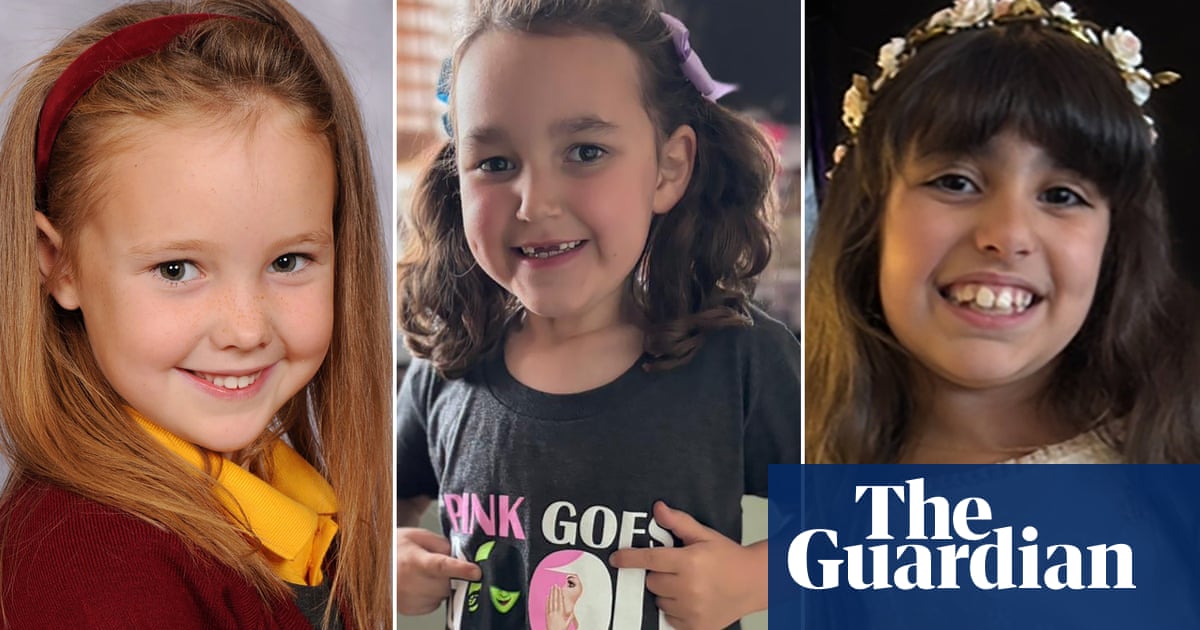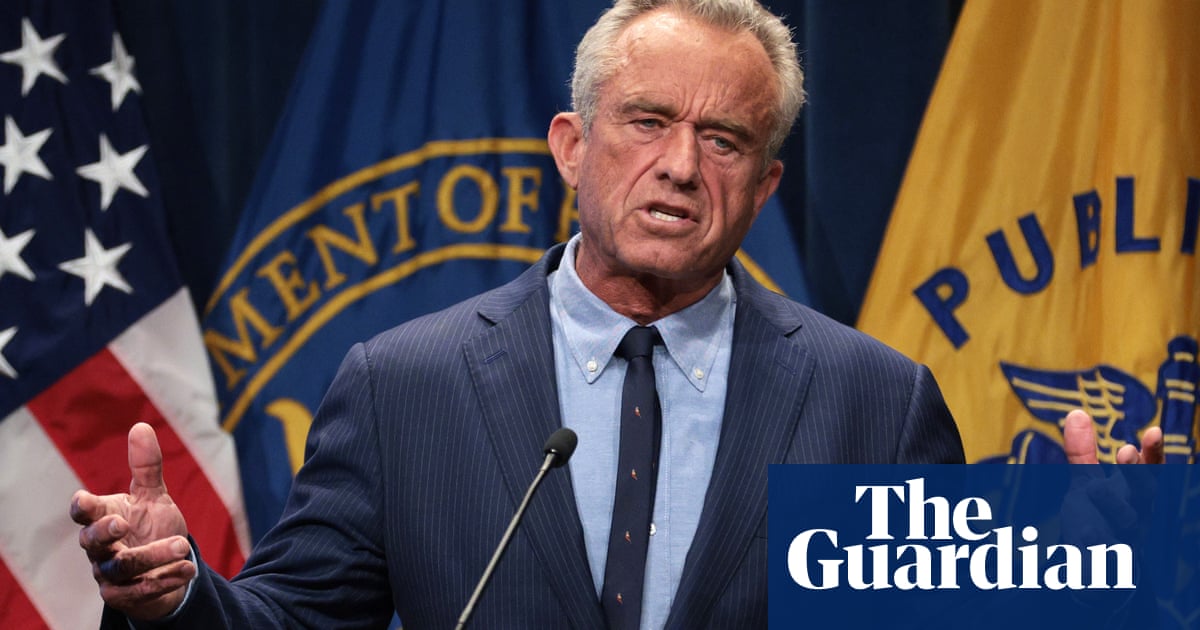As a child in the 1950s, growing up on a cattle station in the dusty red Kimberley, Mervyn Street remembers finding a rock in his mother’s kitchen, with numerical markings on one side. This, he would learn, was a “black penny”.
“My dad had, on the back of the penny, three ones – 1, 1, 1 – I didn’t know what that meant,” he recalls now, wearing a worn bush hat and sitting at Mangkaja Arts Centre near his home in Muludja community, east of Fitzroy Crossing. The numbers, his father told him, were ration entitlements for flour, tea and sugar.
Both of Street’s parents were never paid a wage for their labour in their lifetimes; Street was only paid for his work for the first time when he was in his 30s.
His father, John, was a Walmajarri and Jaru man from the desert. He built fences, tanks and troughs on Louisa Downs station, midway between Fitzroy Crossing and Halls Creek. His mother, Penny, a Gooniyandi woman from river Country, would clean and cook on the station. As a boy, Street chopped wood or helped his father with the fencing.

Street was born in the traditional way: under a yellow hakea birthing tree known as a “boomerang tree”, although he is unsure if his birth year is 1950 or earlier. When he was around eight, or maybe 10, Hollywood westerns were shown at Eliza Downs, which inspired him to begin using charcoal and pencil to draw on the welded steel panels of a huge water tank on the property. He would draw the cowboys and cattle wranglers like his father, the tank becoming his first canvas, an artistic testimony to a way of life.
As an adult, Street would often return to the water tank to remind himself of what he learned growing up, about the communal way of life and a love of Country. His drawings, then later his paintings, would chronicle the lives of Aboriginal mustering workers – such as his father and Street himself on cattle and sheep stations along the Canning stock route, spending his nights telling stories by campfire.
Now comes Stolen Wages, Street’s new exhibition at Fremantle Arts Centre as part of Perth festival, which tells the story of the wage theft inflicted on his parents, his people, on him. In recent years, Street led a class action against the Western Australian government on behalf of thousands of Aboriginal workers like himself; in 2023, the government settled, agreeing to pay $180m to these workers and their relatives.

Asked about what this settlement means to him, Street, whose first language is Gooniyandi, modestly agrees it was “probably” a good achievement. He recalls sitting across the table from lawyers who had come to his Country to ask about life on the land and the withholding of wages.
“Long time ago, maybe the [white] working men used to get something like £7 [per month] but our [Aboriginal] workers got nothing,” he says. “My parents had nothing. They worked for nothing.” And yet, he remembers a spirit of comradeship among all the workers: “There was [a] good relationship when the European settlement came, [building] good relations, and they worked together, you know? That’s the time people didn’t have a boundary line, nothing. All together.”
But the work was hard. Street’s father would accompany the muster, building cement tanks in the sand to draw water wherever the cattle went. Back at their tent home in Louisa Downs, his mother made bread and soup and taught the younger girls in the community to cook and clean. When at home, his father kept an eye to the weather
“When my dad saw there was cloud hanging around, he’d sing this rain song, and he’d get a feather of a white cockatoo and put it outside. I’d say, ‘What you doing, dad?’, and he’d say, ‘I’m singing, I’m going to make that rain come’ … when big rain came, that was the only time my dad stopped working.”

Street’s grandfather taught him to ride horses, by putting Street on the back of a small donkey. This was the start of his own life wrangling cattle. When he told his parents he wanted to go out bush mustering, his father showed him the swag and cup he would need to pack on a mule. He was all set. “It was a lot of fun for me,” he recalls of that time. “I didn’t care about anything, makin’ my own way, learning about all the different jobs.”
At Fossil Downs Station in the 1970s, just north of Fitzroy Crossing, Street honed his skills at rough riding the newly broken-in blue-grey horses for which the station was known. (His 2018 acrylic painting Riding the Fossil Grey includes Street himself riding one such horse.)
Some of his other works are inspired by his mother, such as the recent My Mum Kitchen, depicting the same kitchen where he found the black penny, and which he drew on a lithographic plate for the Australian Print Workshop. Drawings from 1996 held in the Berndt Museum collection of Indigenous anthropological works at the University of Western Australia show his mother and other women collecting water from a soak near Louisa Downs station, then carrying the water to camp, as the men dig a well and build a concrete water tank.

Street’s wife, a fellow Gooniyandi elder and artist, died in 2019. It is still not culturally appropriate for him to mention her name. “He loved his wife dearly,” says Mangkaja Arts Centre manager Liam Kennedy, “and from what I have been told, they were always together.” Street’s son Fabian and his grandson Howard both live with him in Muludja.
Stolen Wages includes a replica of the water tank on to which Street first began drawing, and continued to draw; the original tank was removed from Louisa Downs Station three years ago.
“I didn’t know I could come this far from all the time I was there on the station,” Street reflects. “When I started doing the drawing on the tank, in the 1950s, I didn’t know I was going to be involved with these galleries and take me on a journey.”
-
Stolen Wages is open at Fremantle Arts Centre until 20 April. Entry is free.

.png) 2 months ago
39
2 months ago
39













































